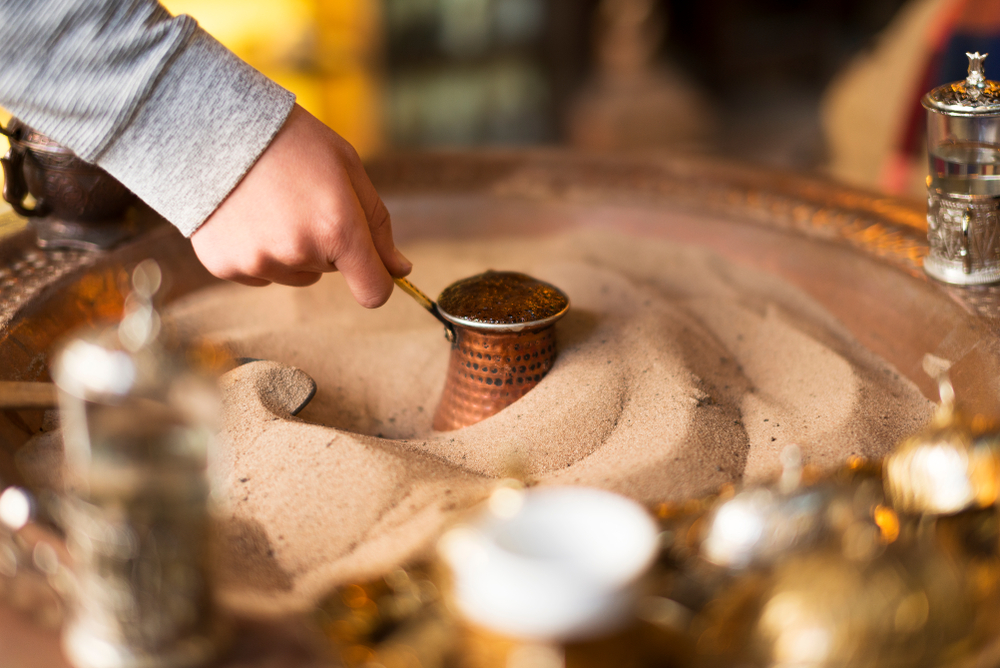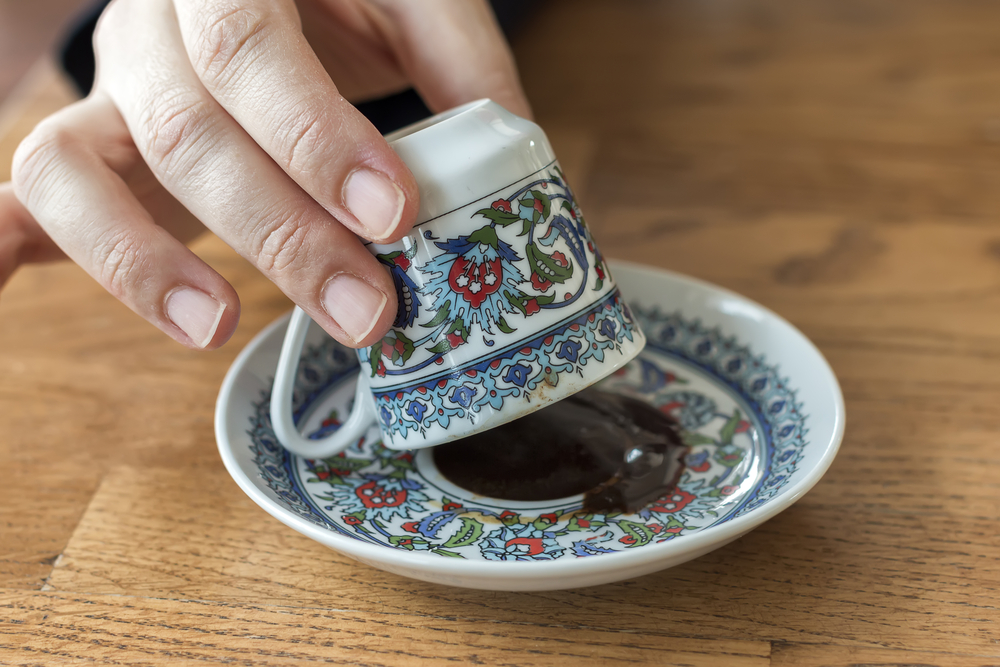Turkish coffee is more than a coffee for our country. Sometimes you can enjoy the scenery with coffee and sometimes enjoy the conversation. “A cup of coffee has 40 years sake,” as said in this famous saying. A Turkish coffee we drink with the people we love can be remembered even years later. European countries have taken the coffee culture from the Turks but later developed different styles. Turkish coffee has come today without any change for many years. Let’s look at the history and characteristics of Turkish coffee that is known to the world together.
The difference is not only in cooking

The difference of Turkish coffee from other coffees is not just cooking and preparing. Drinking and presenting methods, tools used in the construction, the name of the structure and other types of coffee is different from other types of coffee. It was known to enter the Ottoman territory 500 years ago. It has a unique place in the life and social relations of Turks. The fact that it has such a rich culture led to the inclusion of “The Intangible Cultural Heritage List of Humanity” in 2013 by UNESCO.
Various rumours about the arrival of coffee in the Ottoman Empire
It is known that the homeland of the coffee that we are a patron of is the Arabian Peninsula. The first information available dates back to the 10th century. However, full use of coffee is known to be in 575. Some researchers argue that the word “coffee” comes from the Arabic word “kahva”, which means wine, and some researchers say it came from Kaffa, a city in southwestern Ethiopia. There are a few rumours about the Ottoman meeting with coffee. One of them is that two Syrian entrepreneurs in 1554 brought the coffee to Istanbul. Another rumour is that the Governor of Yemen, Özdemir Pasha, brought the coffee to Istanbul in 1517. On the other hand, according to Fernand Braudel, Ottoman acquainted with coffee in 1511; According to İbrahim Efendi, it was in 1555. In 1543, Kâtip Çelebi stated that coffee comes to Istanbul with the accompany of the ships.
Chats, pre-wedding ceremonies, fortune telling.

Turkish coffee has created a culture in its own right. Coffee is served to guests and is an integral part of pre-marital ceremonies in Turkey. Your fortune is told and interpreted from the coffee marks inside the cup.
All this is an indication of sincerity and commitment to coffee. This coffee love has even an impact on Turkis language. For example, breakfast means “kahvaltı” in Turkish. “Kahve” means “coffee”, “altı” means “after”. Or the colour name “brown” means “coffee colour,” i.e. “kahverengi” in Turkish. Among all of these, the role of fortune-telling and asking for the girl’s hand ceremonies are more prominent. At the asking for the girl’s hand ceremonies, the future groom is served coffee. The reason for this is that the taste of coffee cooked by the bride is a test. On the other hand, the tracks left by the coffee beans are interpreted, and predictions of future-past are made. At the same time, an art that is used in products such as coffee pots and trays around the coffee culture in Turkey is born.
Become a way of life in the Ottoman Empire
Coffee in the 16th century came to Istanbul, and the Ottomans and had an important place in Ottoman society. With the use of different cooking methods, coffeehouses spread throughout the empire. Chess and backgammon were played, literature conversations are made, books and poems have been read in these places which were among the essential spots of the social life of the Ottoman period. Nowadays, in coffee houses, more tea is served than coffee, and its dominance in the Ottoman Empire has been dropped. But coffeehouses are a great continuation of this heritage.
The most beautiful coffee presentation: Turkish Delight and water

There are many features that distinguish Turkish coffee from other coffees. One of them is the style of presentation. The oldest and known presentation of Turkish coffee is one with Turkish delight and water. Drink a sip of water before coffee, so the coffee passes through the throat more easily. The coffee is served with the Turkish delight. Apart from all this information, let’s not pass the following details; coffee, spread through the world thanks to the Ottoman Empire. Coffee fortune telling is a type of fortune telling that is unique to Turkish coffee. Turkish coffee is prepared by the world’s oldest coffee cooking method.
These articles may also be of interest to you:
Turn Your Home into a Cafe 5 Steps to Making Coffee at Home
5 Things You Should Know About British Traditional Afternoon Tea
Rules of the English Afternoon Tea Tradition That You Should Know

